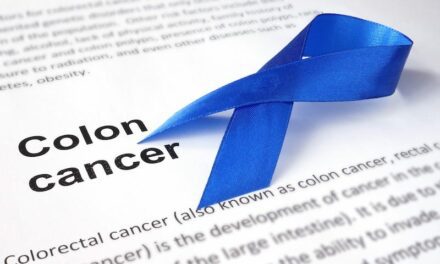The DiaCarta ColoScape assay detects precancerous colorectal cancer lesions and colorectal cancer mutations with high sensitivity, according to a new study published by PLOS ONE. DiaCarta Inc. is a precision molecular diagnostics company and developer of novel oncology tests using liquid biopsy.
According to the study, the ColoScape Xenonucleic Acid (XNA)-mediated, quantitative, real-time polymerase chain reactions (qPCR) clamping assay detects mutant cell-free DNA (cfDNA) from precancerous colorectal cancer (CRC) lesions and colorectal cancer.
The paper evaluated the performance of XNA-mediated qPCR clamping technology for the simultaneous and qualitative detection of somatic mutations in CRC patients.[1] Nineteen mutations in a panel of genes associated with early events in CRC pathogenesis are targeted in the ColoScape assay.
The ColoScape XNA-mediated qPCR clamping assay is a novel multi-gene mutation diagnostic assay for the qualitative detection of colorectal cancer-associated gene mutations in liquid biopsy and formalin-fixed paraffin-embedded (FFPE) tissue samples. ColoScape uses XNA technology, synthetic Xenonucleic acid molecular oligomers that hybridize with target wild-type DNA sequences. The XNA oligomers act as molecular clamps to enable the accurate amplification of mutant sequences only, using qPCR.
In the study, a total of 380 clinical samples, including plasma cfDNA and FFPE samples from patients with precancerous and different stages of CRC, were analyzed with the ColoScape assay. With liquid biopsy, the preliminary assay clinical specificity for CRC was 100%, and the clinical sensitivity was 92.2%; for precancerous lesions, clinical specificity was 95%, and clinical sensitivity was 62.5%. With FFPE samples, the preliminary assay clinical specificity for CRC was 96%, and the clinical sensitivity was 92%. Currently, DiaCarta has large ongoing clinical trials in Europe, Asia, and the United States.
“This study validates the diagnostic application of the ColoScape assay in the early detection of precancerous lesions and colorectal cancer based on the amplification and detection of cfDNA mutants from one tube of blood,” says Aiguo (Adam) Zhang, PhD, CEO of DiaCarta. “Our technology has the potential to disrupt the standard method of FFPE or stool samples used for the diagnosis of colorectal cancer. ColoScape’s sensitivity and specificity may yield detection of colorectal cancer before the disease progresses to more acute stages. In addition, our new generation of ColoScape test includes a panel of methylation genes powered by XNA, which generates even higher sensitivity, especially for the precancerous lesions.”
For more information, visit DiaCarta.





